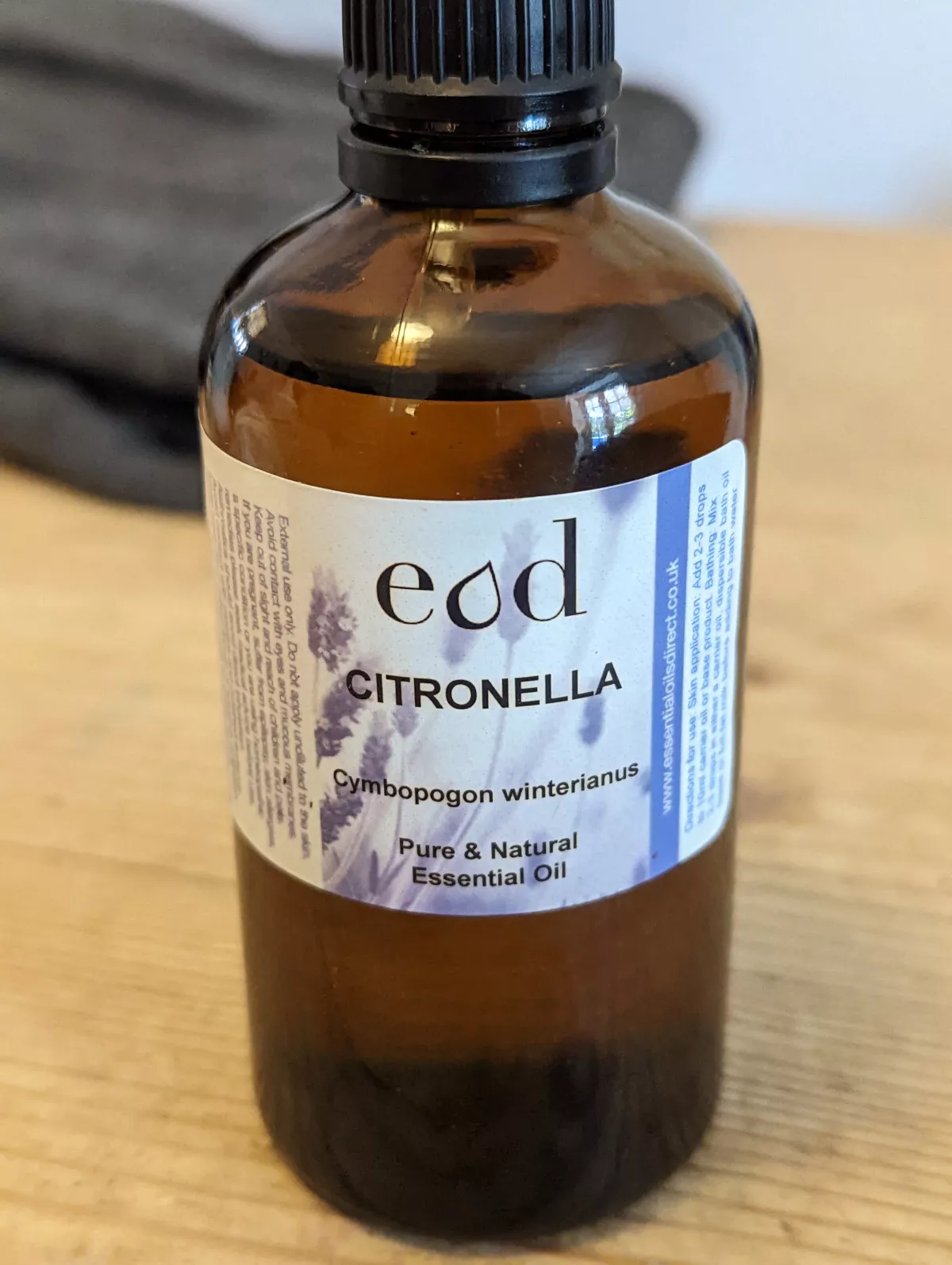What Can I Put in My Tent to Keep Bugs Away?
Table of contents
Camping is a wonderful way to immerse yourself in nature, but nothing can disrupt this idyllic experience quicker than a horde of pesky insects.
To keep bugs away from your tent, you can employ a variety of strategies such as using bug-repellent sprays specifically designed for tents, setting up a perimeter of natural insect deterrents like citronella candles or crushed garlic, and maintaining a clean campsite to avoid attracting insects. Additionally, using a homemade insect repellent made from a mixture of essential oils like citronella, lemongrass, eucalyptus, and peppermint can provide a natural and effective solution.
As much as we don't want them in our tents, Bugs however, are a part of the great outdoors and come with the territory.
.... they need not ruin your camping trip.
This article will detail several strategies for keeping bugs away from your tent, focusing on natural methods, potential uses for common insecticides, homemade repellents, and the particular smells that deter insects.
How Do You Keep Bugs Away Naturally?
When considering how to deter insects from your tent, the first line of defense should be natural methods. Not only are these strategies typically cost-effective and environmentally friendly, but they also pose fewer health risks.
We've personally used Citronella candles many times when we've been camping - they're available cheaply on Amazon in all sorts of sizes - of course with candles keep them well away from the tent fabric!
I've also bought citronella essential oil and mixed with water to use as a bug spray - it is cheap, easy and effective.
I bought a multipack of this citronella essential oil:

.... one of those internet purchases that as a bit more than I realised and probably enough to last us almost a lifetime of camping!
You should also choose your campsite wisely, the location of your campsite and especially your pitch at the campsite can significantly affect the number of insects. Avoid setting up near standing water, such as ponds or swamps, as these are breeding grounds for mosquitoes. Also, it's worth having a quick inspection of your pitch for ants nests.
Certain plants naturally repel insects. Burning sage or, as mentioned, citronella near your tent can keep mosquitoes at bay. Similarly, ants dislike the smell of crushed garlic and vinegar, so scattering these around your tent may deter them.
Maintain cleanliness - A clean campsite is less likely to attract bugs. Ensure that you properly dispose of food scraps, and clean up spills immediately. Store food in airtight containers, and keep your eating area separate from your sleeping area.
Essential oils - Many essential oils, such as the already mentioned citronella, but also lemongrass, eucalyptus, and peppermint, are natural insect deterrents.
You can create a mixture of these oils with water and spray it around your tent.
We have an article specifically sharing tips to keep spiders out of your tent
Can I Spray Raid on My Tent?
Raid and other commercial insecticides can effectively kill bugs, but using them on your tent is generally not advised for two main reasons.
Potential damage to your tent: Insecticides may damage the water-repellent coating of your tent, reducing its ability to withstand rainy conditions.
Health risks: Prolonged exposure to insecticides can lead to health problems, particularly in an enclosed space like a tent. Respiratory issues are among the most common concerns.
If you feel the need to use commercial insecticides, consider using bug repellents specifically designed for tents or spray the area around your tent rather than the tent itself. Always follow the manufacturer's instructions when using these products.
What is a Good Homemade Insect Repellent?
For those who prefer a more natural approach or simply enjoy a DIY project, homemade insect repellents can be an excellent alternative.
Ingredients:
- 30-40 drops of essential oils (citronella, eucalyptus, lemongrass, and peppermint are highly recommended)
- 1 cup of witch hazel
- 1 cup of water or vinegar
Instructions:
- Combine all the ingredients in a spray bottle.
- Shake the bottle well before each use to ensure the oils are properly mixed.
- Spray generously around your tent and camping area, and on your skin and clothing.
Remember to reapply the homemade bug spray regularly, especially if you're sweating or if you've been swimming.
What Smells Do Bugs Stay Away From?
Bugs, especially mosquitoes, are highly influenced by smell. Certain odors can effectively repel bugs and are a great natural defense against these pests.
-
Citronella: This is perhaps the most commonly used natural insect repellent. The strong smell of citronella oil is particularly effective at deterring mosquitoes.
-
Lemongrass, Lemon Eucalyptus, and Lemon Balm: These citrusy plants are disliked by many bugs. Their essential oils can be used in sprays or diffusers to create a bug-unfriendly zone.
-
Peppermint: In addition to its refreshing smell, peppermint also repels mosquitoes, flies, and even spiders. A few drops of peppermint essential oil can be added to your homemade insect repellent.
-
Lavender: While we humans may enjoy the calming scent of lavender, bugs do not. The fragrance interferes with the insect's sense of smell and deters them from your tent.
-
Garlic: Not just for warding off vampires, garlic’s strong odor is also effective in repelling insects. This smell can be used strategically around the campsite to deter bugs.
-
Vinegar: Though the smell may not be pleasant for us, it's even worse for bugs. Consider spraying diluted vinegar around your campsite as a deterrent.
Remember, no method will be 100% effective all of the time. Often, a combination of tactics works best.
While bugs can be a nuisance, they're also a crucial part of the ecosystem. Our aim should be to deter them from our personal space, not eradicate them entirely.
With a combination of natural methods, homemade repellents, and thoughtful campsite selection, you can significantly reduce the number of bugs in and around your tent.
Happy camping!